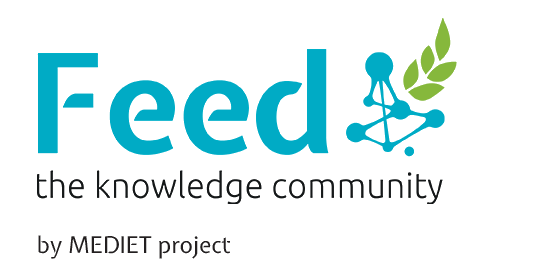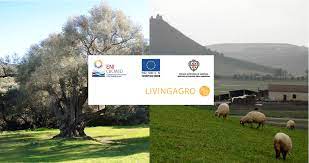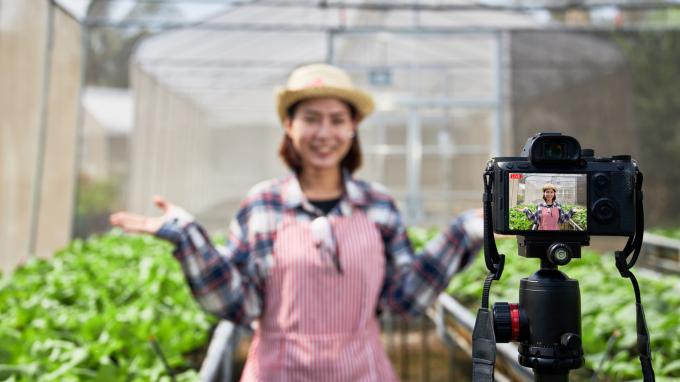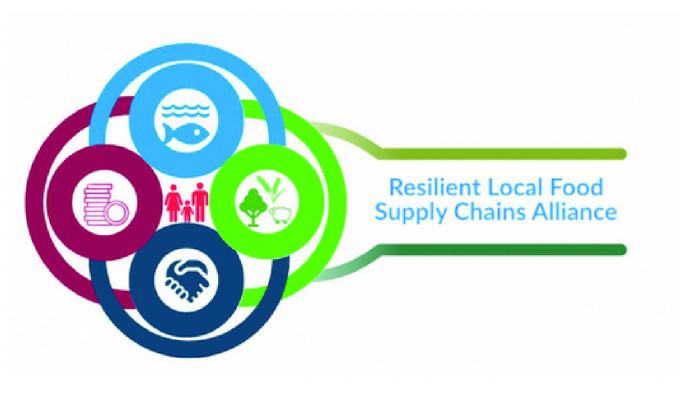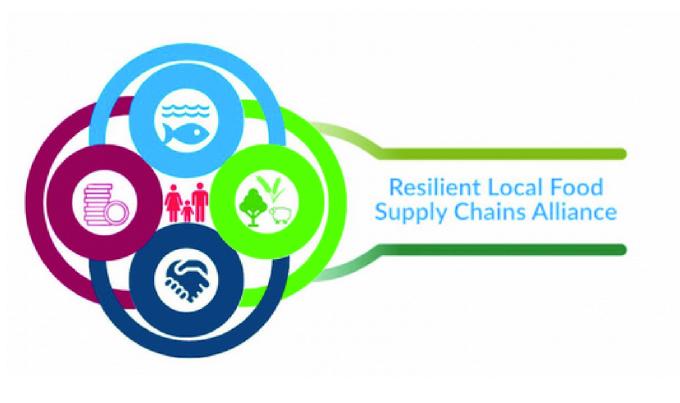Period
2013 - in progress
The demand for small ruminant dairy products in Jordan, such as Jameed, is significant. To address the need for improved productivity, hygiene, and profitability in dairy production, the International Center for Agricultural Research in the Dry Areas (ICARDA), in collaboration with local and international partners, developed a series of technical improvements. These included systematic milk heat treatment, the introduction of a fat separator, and a focus on improving the hygienic quality of bulk milk. The changes resulted in more homogeneous end products, a reduction in fat content, and reduced rancidity issues. This initiative aimed to enhance the livelihoods of rural women and small-scale dairy producers in Jordan.
You must be registered to see all the content
Identification needs
1) To improve the productivity of dairy products and Jameed
2) To ensure hygiene and profitability of dairy production
3) To provide an opportunity in rural areas
4) To fundamentally improve the livelihoods of producers' families.
Stakeholder change
The main technical improvements emanating from scientifically-sound project both in the lab and in the field are reported as follows:- Systematic milk thermal treatment (85°C/5min) to produce safe and enhance the textural properties of the product - Introduction of a fat separator to produce high quality Jameed with higher economical value and to increase ghee yield (diversification of the end product).
Change triggered
1-Improving the hygienic quality of the bulk milk
2- Yielding more homogeneous end product in terms of chemical composition
3- Reducing the fat content
4- Reducing rancidity problems.
Short description
In Jordan, there is a strong demand for products made from processed sheep milk. About 13.4% of the country's milk is produced from sheep. The demand for small ruminant dairy products is high and small scale milk processing is an important part of the livelihoods of sheep and goat keepers and contributes up to 20% of the households' income. The International Center for Agricultural Research in the Dry Areas (ICARDA), here in collaboration with the project for “Enhancing dairy processing skills and market access of rural women in Jordan” funded by OPEC Fund for International Development (OFID) and the IFAD-funded project “Improving the Food Security and Climate Change Adaptability of Livestock Producers using the Rainfed Barley-based System in Iraq and Jordan” in a joint initiative with the National Center for Agricultural Research and Extension (NCARE), in Jordan, developed activities oriented to improve the productivity and income of households and small processing Jameed processing units in El-Karak. The region holds 15% of the country's sheep population that produces about 8500 tons of milk in a 4-month season. Women are at the core of Jordan's dairy processing sector. Forming the majority of the sector's workforce, they are a key contributor to household incomes and rural economies. On-going efforts to improve the productivity, hygiene and profitability of dairy production provide an opportunity to fundamentally improve the livelihoods of producers' families. The collected information was studied and reviewed with the aim of improving the processing method of Jameed. The developed method was tested first at ICARDA headquarter station in Aleppo, Syria, then at two willing cooperatives in El-Karak region. This was followed by an interactive training where producer to producer knowledge exchange took place.
